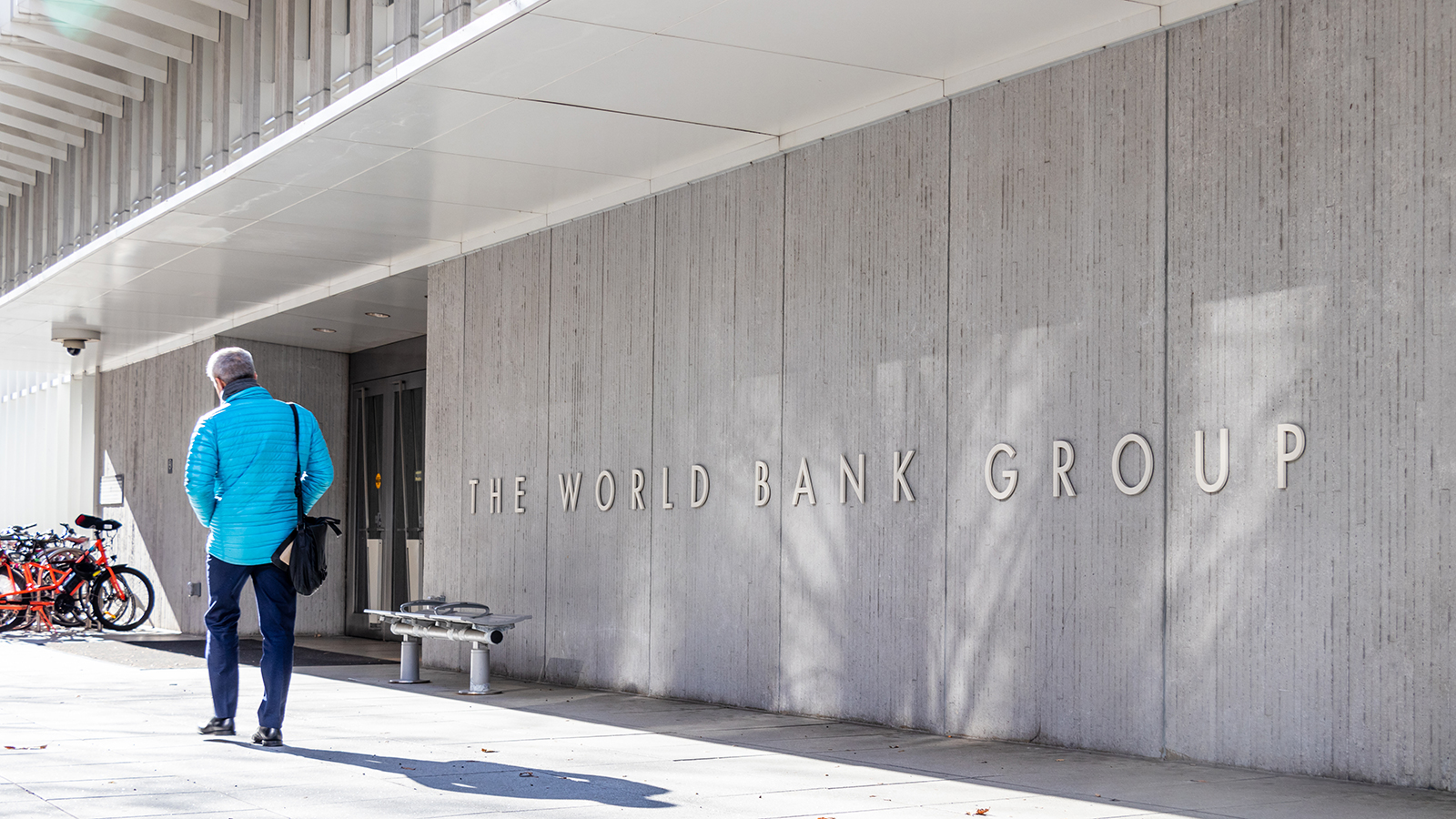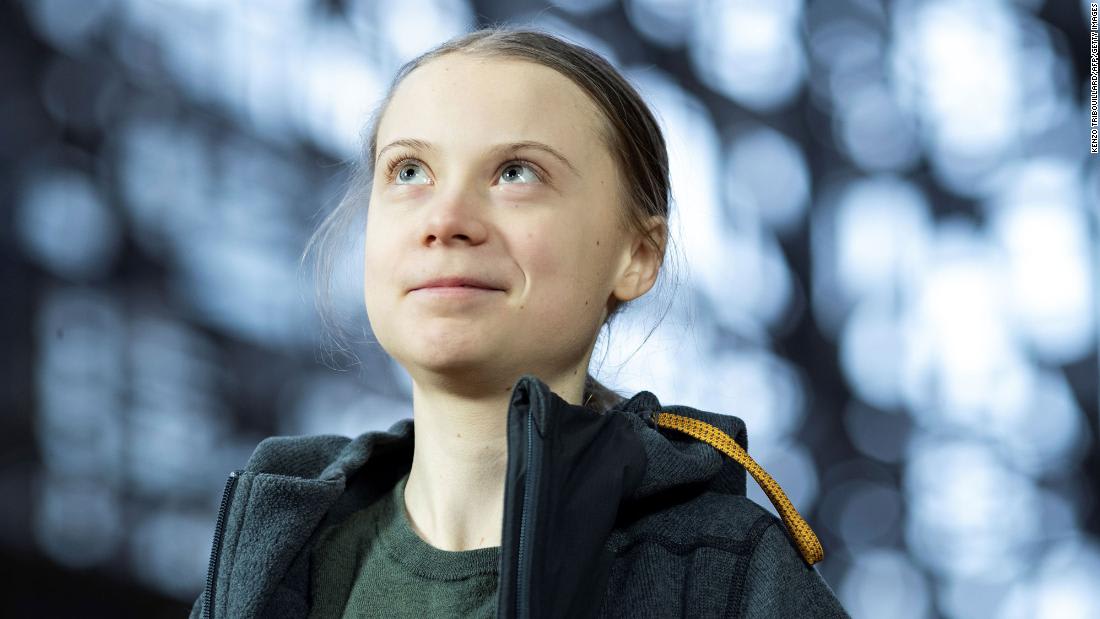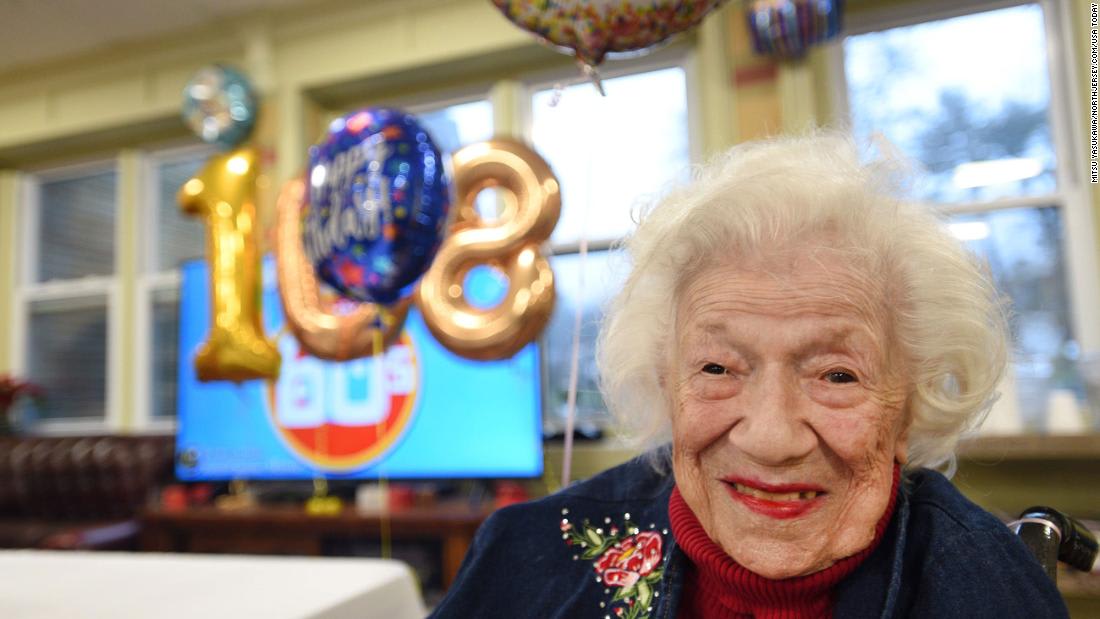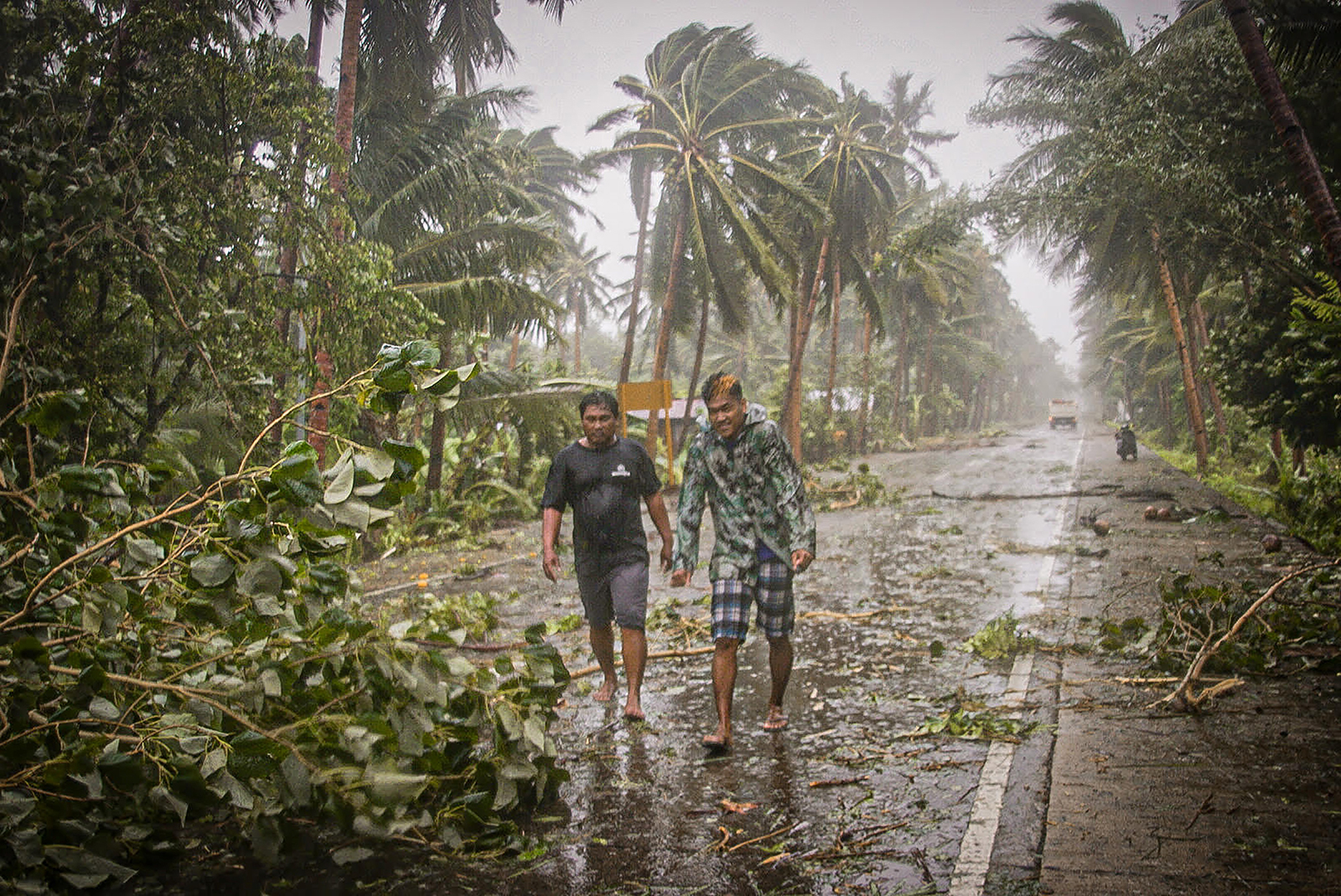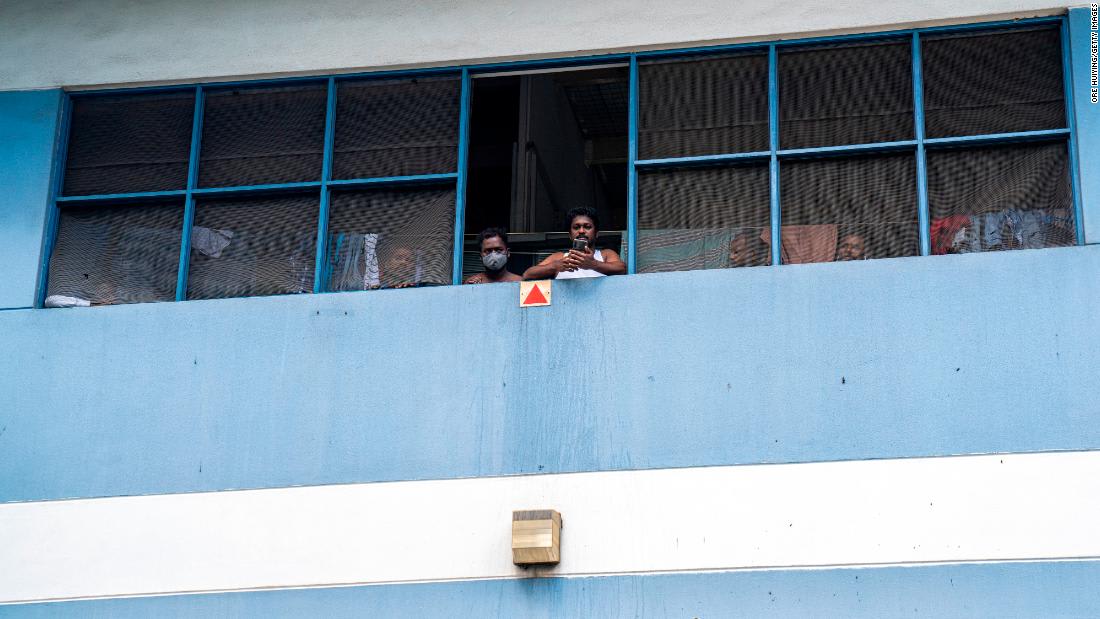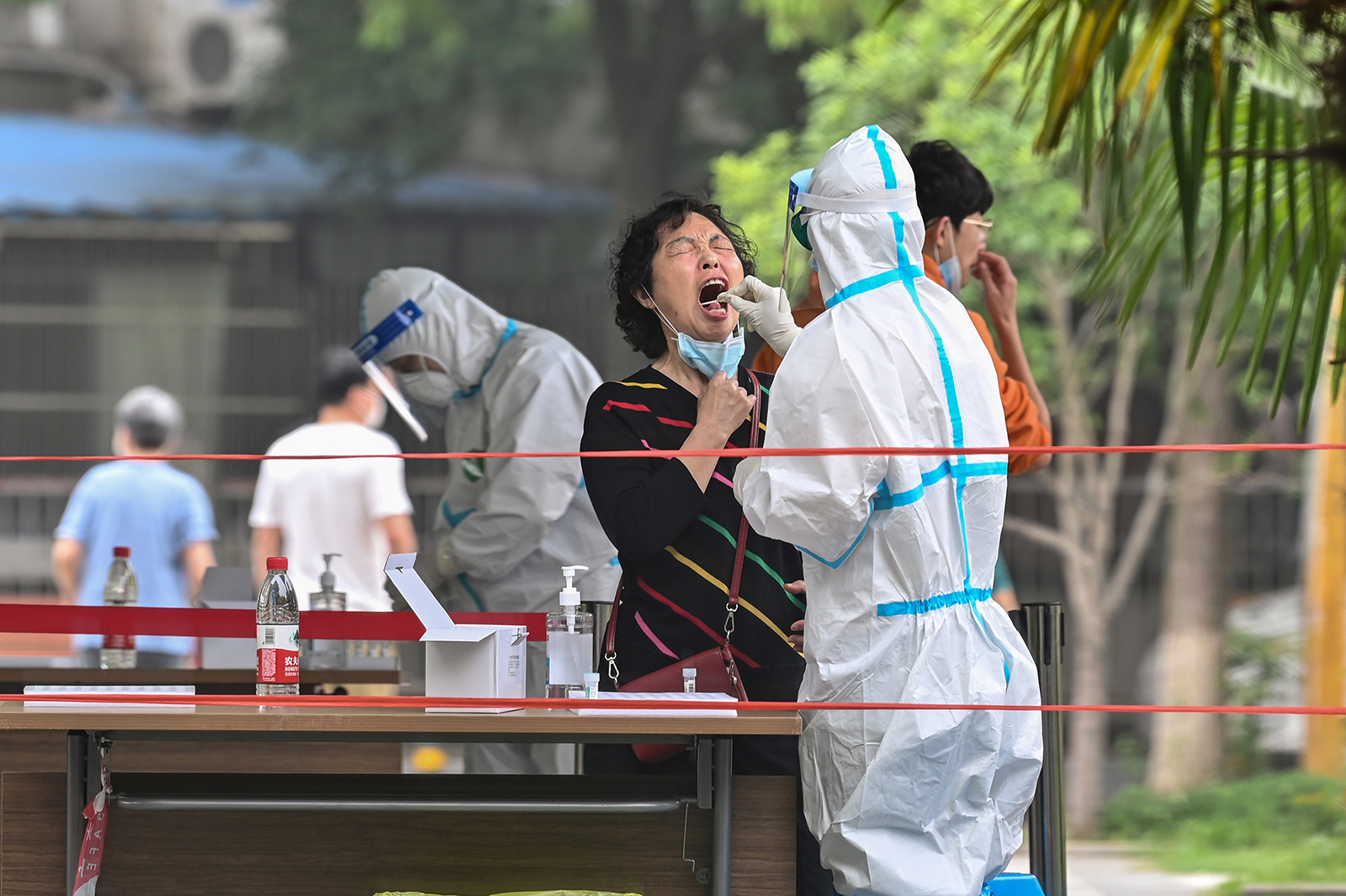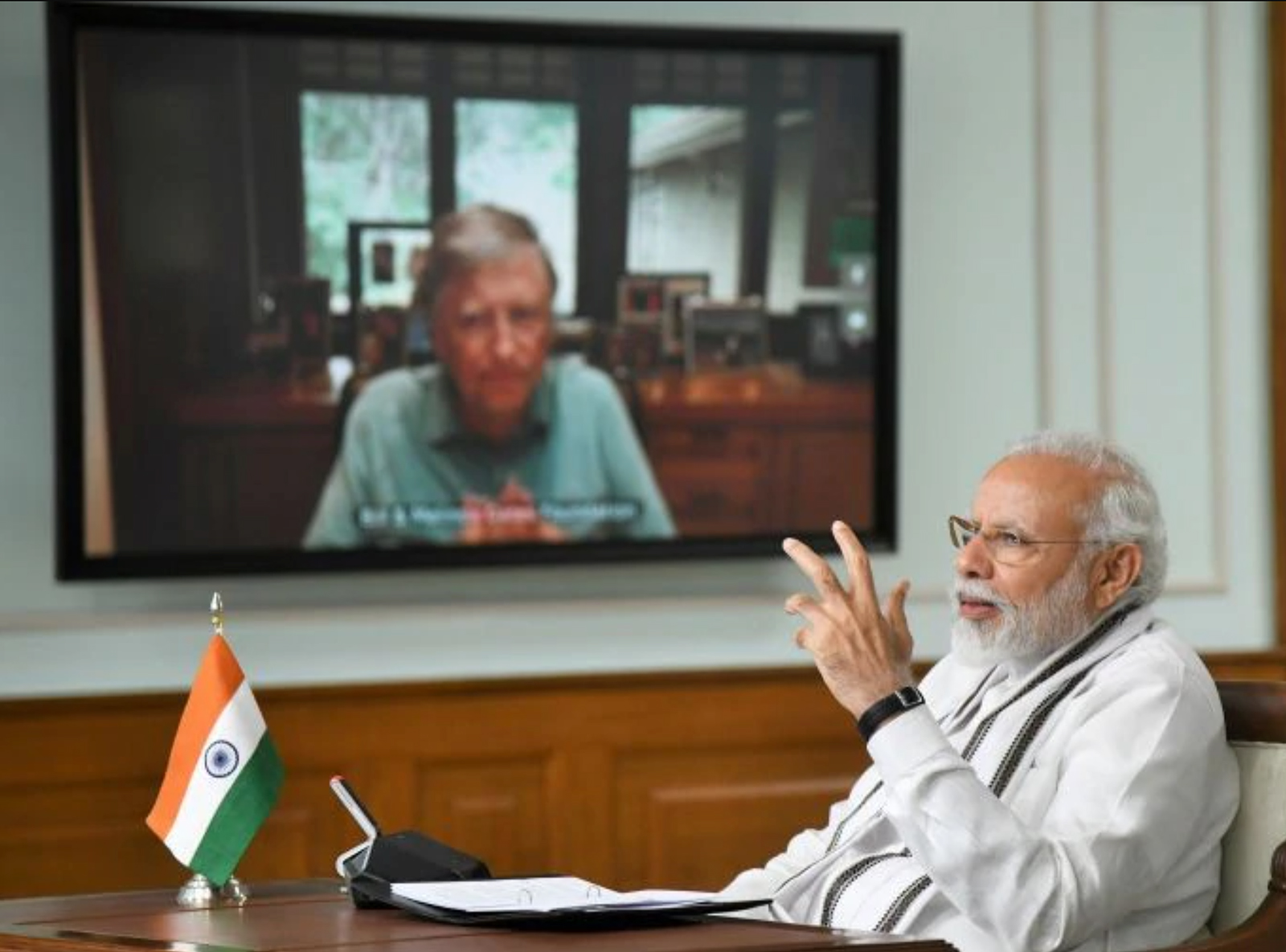The novel coronavirus has infected more than 4.4 million people and killed at least 302,000 worldwide. If you're just tuning in, here are the latest headlines:
- Refugees hit: The first known Covid-19 cases have been confirmed in Bangladesh refugee camps home to nearly a million Rohingya refugees. The discovery was the "realization of a nightmare scenario," said Daniel P. Sullivan, a senior advocate for human rights with the US-based organization Refugees International.
- China fears second wave: At least 11 asymptomatic cases were reported in Wuhan, ground zero for the pandemic, as the city aims to test all 11 million residents after recent local transmissions. Four new cases were also found in the northeastern province of Jilin, where a new cluster has prompted fresh lockdown measures.
- India response: Indian PM Narendra Modi held a video conference with Bill Gates on Thursday to discuss the country's response to the pandemic, officials said. Meanwhile, the World Bank has approved a $1 billion package for India to provide support for its poor and vulnerable populations.
- US warning: Without better planning, America risks its "darkest winter in modern history," said whistleblower and ousted vaccine director Dr. Rick Bright before Congress. Bright slammed the Trump administration's response to the pandemic, and said his warnings went ignored.
- Japan measures eased: Japan recorded 99 new cases of the coronavirus on Thursday, as the government lifted the state of emergency across most of the country. Only the hardest hit prefectures, including Tokyo and Osaka, are still under the order.
- France's tourism plan: French Prime Minister Edouard Philippe has announced an “unprecedented” 18 billion euro ($19.4 billion) plan to support the country’s tourism industry.
